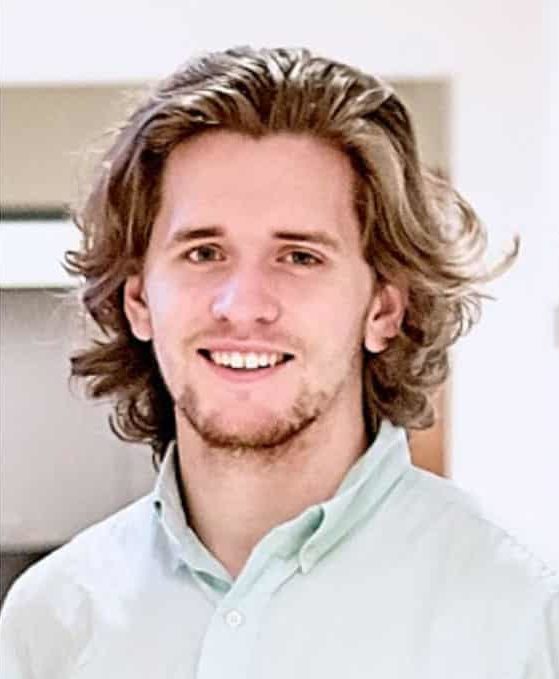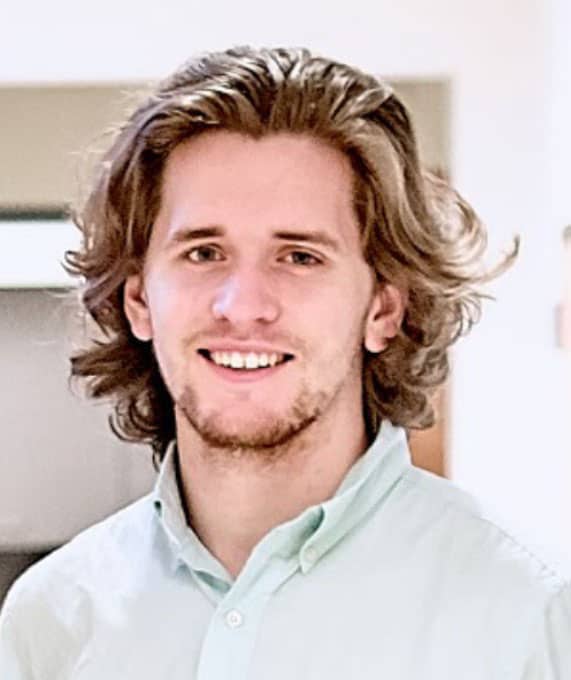
NERS graduate student Matthew Lynch receives NASA Graduate Research Fellowship
Matthew will look at novel techniques to develop high sink strength nickel-based alloys for nuclear power and propulsion.

Matthew will look at novel techniques to develop high sink strength nickel-based alloys for nuclear power and propulsion.

Matthew Lynch, a graduate student in the U-M Department of Nuclear Engineering & Radiological Sciences, has been named a 2021 NASA Space Technology Graduate Research Opportunities (NSTGRO) researcher, (formally known as the NASA Space Technology Research Fellowship). The program sponsors graduate students who show significant potential to contribute to NASA’s goal of creating innovative new space technologies for our Nation’s science, exploration, and economic future.
Matthew’s proposal, titled, “Additively manufactured self-repairing Ni metal composite through high aspect ratio pathways,” will look at novel techniques to develop high sink strength nickel-based alloys for nuclear power and propulsion. He will spend ten weeks each year for four years at whichever NASA site or national laboratory best fits his research. It is possible that he works primarily at Glenn Research Center in Cleveland, Ohio, and Oak Ridge National Laboratory, in Oak Ridge, Tennessee.
At U-M, Matthew researches in the Nuclear Oriented Materials & Examination (NOME) Laboratory with Prof. Kevin Field. His research focuses on using advanced machine learning techniques to automate the analysis of TEM images of radiation-damaged materials. He received his BA in Physics and BS in Nanoscience from Virginia Tech in 2018, and his MSE in Materials Science & Engineering from the University of Pennsylvania in 2020.
“I am extremely excited to begin working with NASA to develop this new space technology,” said Matthew. “Our proposed research could fill a big gap in space-based power systems, enabling longer, larger, and further space missions than ever before.”
“This is a very exciting and an honor worthy of Matthew’s hard work to date,” said Prof. Kevin Field. “I look forward to the contributions Matthew will make to NASA’s programs as well as the nuclear materials community over the duration of his fellowship.”